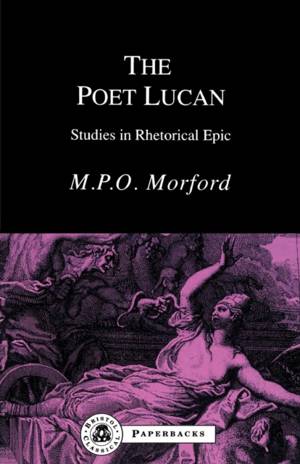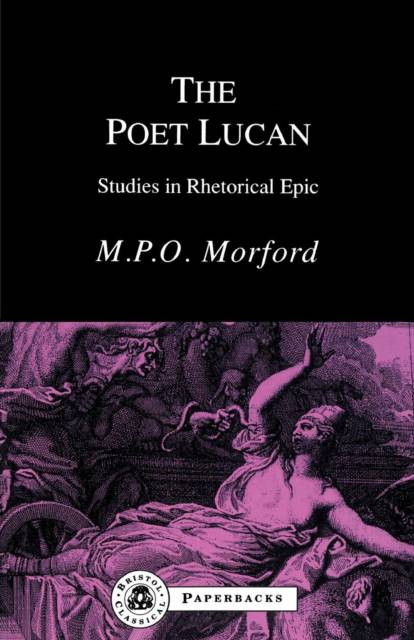
- Retrait gratuit dans votre magasin Club
- 7.000.000 titres dans notre catalogue
- Payer en toute sécurité
- Toujours un magasin près de chez vous
- Retrait gratuit dans votre magasin Club
- 7.000.0000 titres dans notre catalogue
- Payer en toute sécurité
- Toujours un magasin près de chez vous
Description
Lucan's epic on the Civil War has dodged in and out of fashion. Widely admired in the 17th and 18th centuries, it came in the 19th and 20th to be criticised by comparison with Virgil's Aeneid. The latter was established as the standard by which all other epic poets fail. Lucan's besetting "fault" was seen as his reliance on rhetoric. This work sets out to consider the rules of ancient rhetoric as learned by Lucan and applied in his epic. Four themes commmon to poetry and to the declamatory schools (tyranny, storms, the occult and dreams) are closely analyzed in relation to the poem, and the poem is itself set in the context of the Neronian age.
Spécifications
Parties prenantes
- Auteur(s) :
- Editeur:
Contenu
- Nombre de pages :
- 104
- Langue:
- Anglais
- Collection :
Caractéristiques
- EAN:
- 9781853994883
- Date de parution :
- 01-01-98
- Format:
- Livre broché
- Format numérique:
- Trade paperback (VS)
- Dimensions :
- 138 mm x 216 mm
- Poids :
- 149 g

Les avis
Nous publions uniquement les avis qui respectent les conditions requises. Consultez nos conditions pour les avis.






